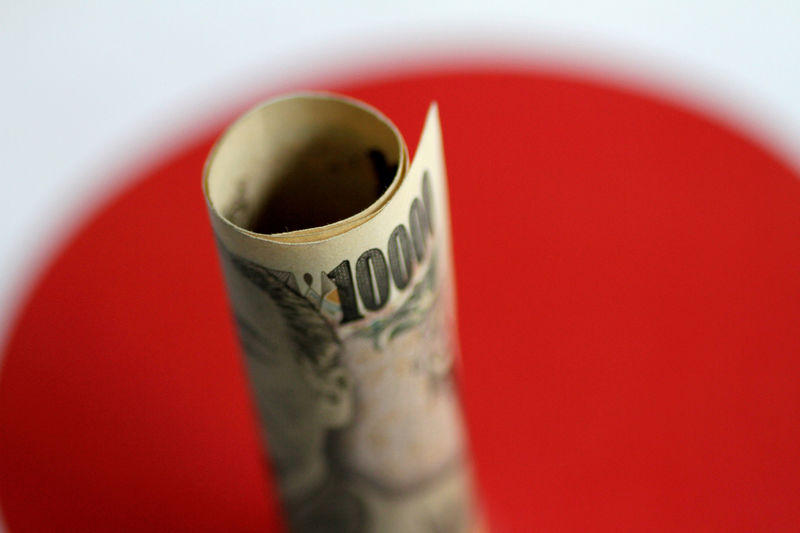Japanese Prime Minister Shinzo Abe’s cabinet endorsed on Friday a record $860 billion spending budget for fiscal 2018, highlighting his greater emphasis on growth than austerity, with aggressive monetary stimulus keeping borrowing costs low, Reuters reported.
The general-account budget spending for the next fiscal year starting April will total 97.7 trillion yen ($860 billion), the biggest amount ever and slightly higher than this year’s initial plan to spend 97.5 trillion yen, the Ministry of Finance said.
The budget got a boost from snowballing welfare spending to respond to a fast-ageing population and a record military outlay amid regional tensions related to North Korea. The spending demands strain the heaviest public debt burden in the industrialized world.
Failure to curb budget spending has cast doubt on Abe’s determination to back fiscal reform as he counts on growth to boost tax revenue to reduce new borrowing and on the Bank of Japan’s (BOJ) low-rate policy to curb the high cost of servicing mammoth public debt.
On top of next year’s budget, Abe’s cabinet approved on Friday an extra budget for this fiscal year, with additional spending of 2.7 trillion yen and extra bond issuance of 1.2 trillion yen to fund infrastructure projects.
Tax revenue for 2018/19 is estimated at 59.1 trillion yen, the highest since fiscal year 1991 during the asset bubble era, assuming the government’s rosy projections for real 1.8 percent and nominal 2.5 percent growth next fiscal year.
Hefty tax revenue allows for reductions in new bond issuance to 33.7 trillion yen, down from 34.4 trillion yen planned this year. That marks the eighth straight year of reductions, bringing the debt dependency ratio to a decade low of 34.5 percent.
To limit new bond issuance, the government will tap non-tax revenue of 4.9 trillion yen.
The government will trim debt-servicing costs to 23.3 trillion yen, from this year’s 23.5 trillion yen, as it kept assumed interest rates at a record low of 1.1 percent due to the BOJ’s negative rate policy.
Social security spending, the budget’s biggest item, will rise 500 billion yen to a record 33 trillion yen, in line with the government’s mid-term fiscal plan to limit rises in welfare outlays to 500 billion yen a year.
Defence spending hit a record 5.2 trillion yen, rising for a sixth straight year to counter regional tensions such as a mounting North Korean threat and growing Chinese strength.
Public works spending will rise for a sixth consecutive year to 6 trillion yen to develop infrastructure related to the distribution network, tourism and the 2020 Tokyo Olympic Games.






